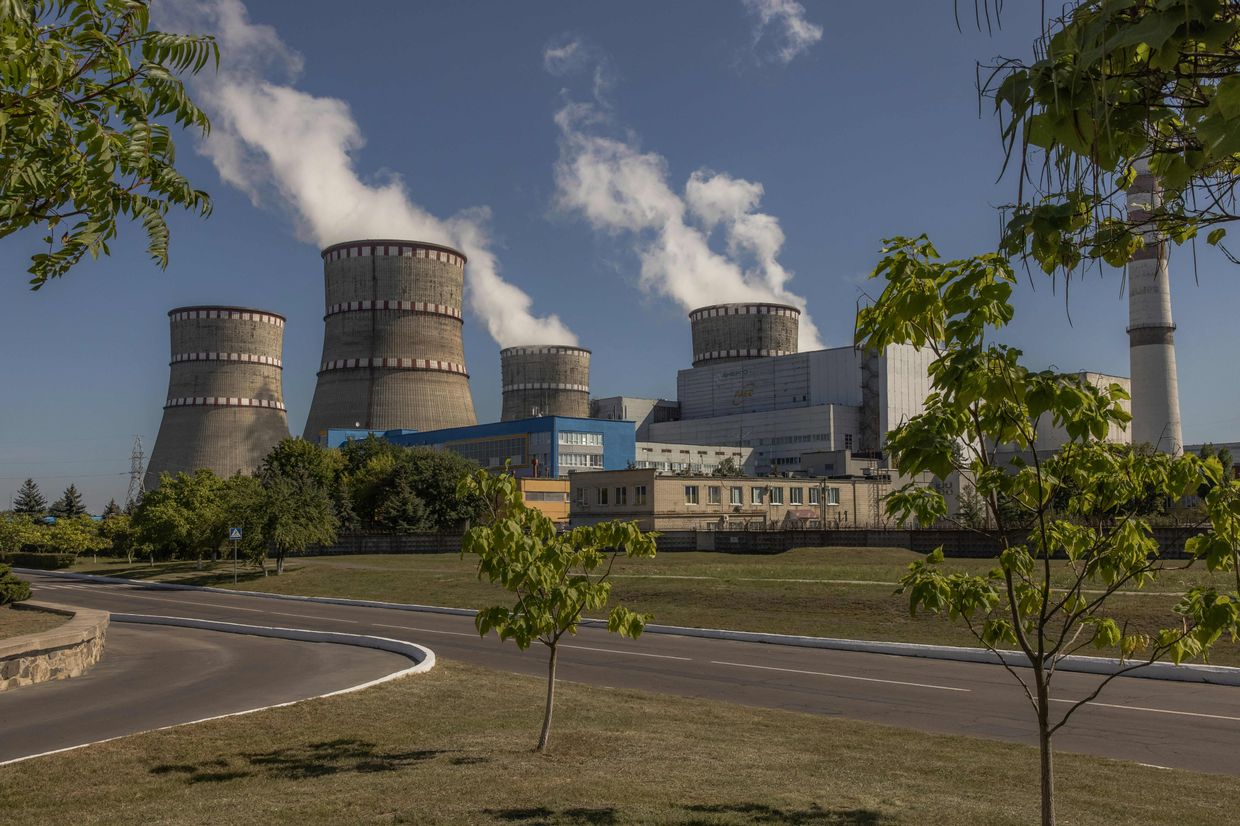Russian attacks on Dnipro hydroelectric plant caused $3.5 million in environmental damage

Russia's attack on the Dnipro Hydroelectric Power Plant on March 22 caused at least $3.5 million in environmental damage, although that figure is expected to rise, Ukraine's Environment and Natural Resources Minister Ruslan Strilets said on March 27.
"Environmental damage includes not only destruction but also water pollution, explosions, and burning, which have a significant impact on the ecosystem. This figure might change, but only upwards," Strilets said during a national TV broadcast.
Zaporizhzhia's Dnipro Hydroelectric Power Plant, Ukraine's largest hydroelectric station, was hit during the March 22 attack, causing critical damage to one of its stations.
The strike on the power plant was part of Russia's largest attack on the country's energy infrastructure since the beginning of the full-scale invasion.
Ukrhydroenergo's head said that the adjacent dam also suffered damage, but there was no danger of a breach.
Ukraine's Water Agency, as well as the Environmental Inspectorate continue to monitor the quality of the water around the hydroelectric plant, but have insisted that was "no risk" to civilians who consume the water, Strilets said.
"The task of preventing contaminated water from reaching the point of consumption for the population has already been completed," the Minister added.
Since the start of the full-scale invasion in February 2022, Ukraine has suffered at least $60 billion in total environmental damage caused by Russian aggression, Prime Minister Denis Shmyhal said in October 2023, although that number has risen since.
Russian attacks on Ukrainian critical infrastructure have also amounted to at least $11.5 billion in losses for Ukraine, Deputy Minister of Energy Svitlana Hrynchuk said on March 23.
Hrynchuk noted that the attack on the Dnipro Hydroelectric power plant was not included in the estimate provided, adding that the most recent attack could be "assessed in large sums, possibly in the billions of dollars."












